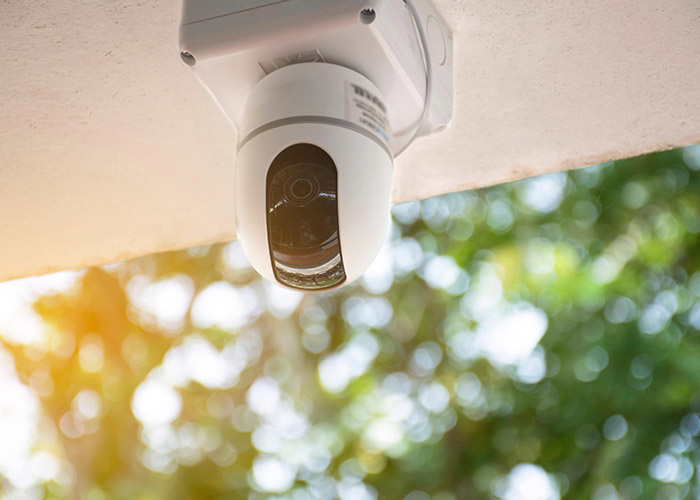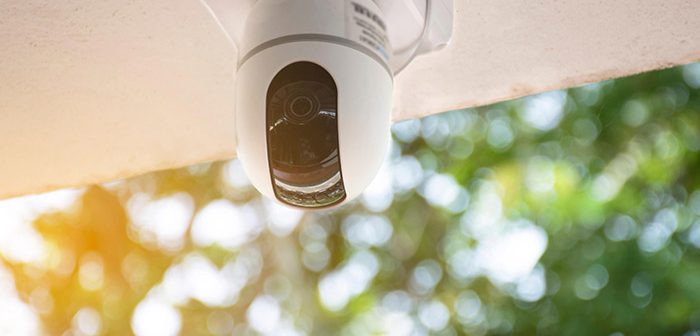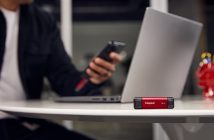
Cybersecurity provider AUCyber has issued a critical warning to Australians about the alarming rise in security camera hacks as unauthorised vision from homes and businesses are streamed illegally.
Security cameras were considered a symbol of safety and security. But in an increasingly interconnected world, cybercriminals are now exploiting them to invade privacy, compromise personal and business data and even pose physical risks.
A surge in attacks has highlighted the vulnerability of many security cameras, particularly those with weak or default passwords that haven’t been changed.
Recently, a rug shop in Cairns that was live-streaming its camera footage to a site linked to Russian hackers.
A mechanic was also alerted that he was being streamed live online to a compromised website when he visited a customer for a home callout.
AUCyber spokesperson Rafe Berding said there were some simple yet important steps all Australians could take to protect the integrity of their surveillance equipment.
“The risks associated with unsecured security cameras are real and can have serious consequences,” he said. “By following some simple guidelines, Australians can significantly reduce their vulnerability to cyberattacks and protect their privacy and safety.”
“We have seen from recent media reports how easily hackers can access devices that aren’t protected or set up correctly. We are urging everyone to follow some key steps to make sure their data, money identity and safety is preserved and protected.”
Hackers are leveraging vulnerabilities to gain unauthorised access to camera feeds, exposing individuals and businesses to a range of threats, including:
-
Privacy breaches: Sensitive information, such as personal activities, family interactions, and business operations, can be exposed to unauthorised individuals.
-
Identity theft: Hackers can use footage to identify individuals, steal personal information and engage in fraudulent activities.
-
Financial loss: Businesses may face financial losses due to unauthorised access to sensitive data or disruption of operations.
-
Physical harm: In extreme cases, hackers can use compromised cameras to monitor individuals’ movements, potentially leading to physical harm.
AUCyber recommends Australians take the following precautions:
-
Prioritise password security: Use strong, unique passwords for each security camera and avoid using easily guessed information.
-
Regularly update firmware: Ensure your camera’s software is up-to-date to address known vulnerabilities.
-
Secure your network: Use a robust password for your Wi-Fi network and consider segmenting it to isolate security devices.
-
Enable two-factor authentication: Add an extra layer of protection by requiring a code from your phone or another device to log in.
-
Monitor access: Regularly review which devices and users have access to your camera feeds and remove any unauthorised access.
-
Be cautious of third-party apps: Only use reputable apps and avoid installing suspicious or unknown software on your security camera.
Berding said this should act as a wake-up call. He said Australians had the opportunity to significantly reduce the risk of their security cameras, privacy, safety and financial well-being being compromised.





